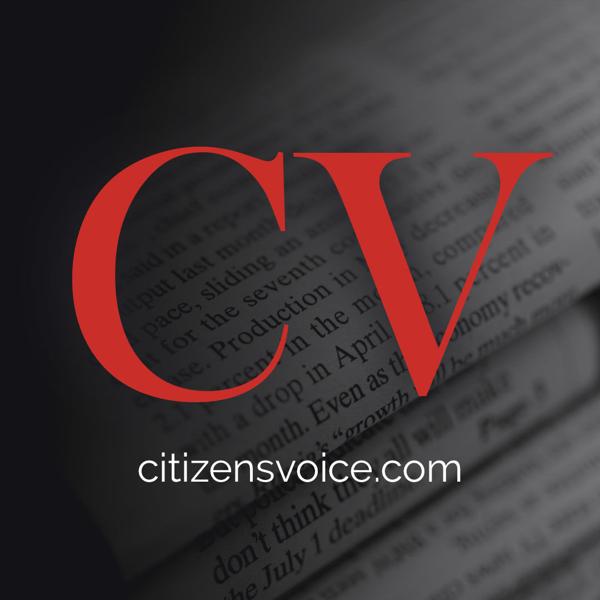The state’s largest cyber-charter school potentially spent $10 million in taxpayer dollars this school year to provide cash payments to families and reimburse them for student travel and activities, including holidays in Europe, arcade games or scuba diving lessons.
The report by advocacy group Education Voters of Pennsylvania comes as school districts prepare final budgets for next year and attempt to re-enroll students who left traditional schools for cyber charter schools during the pandemic. The Harrisburg-based organization also used the report to push again for charter school funding reform.
“It is unacceptable that while school districts starve and property tax increases squeeze home and business owners, cyber charter schools are so inundated with excess funding that they are using the property tax money to pay for student activities and private trips and give cash payouts to families,” said Susan Spicka, executive director of Education Voters.
Commonwealth Charter Academy is one of 14 cyber charter schools in the state and has a family service center in Dickson City. Cyber charter schools are free for families, and school districts pay for students to attend. School officials deny any wrongdoing.
With over 18,000 students, Education Voters found that the school uses taxpayer dollars to:
- Send each family a cash payment of $150.
- Provide a cash reimbursement of $250 for the “community classroom” for each student enrolled.
- Provide a cash reimbursement of $200 for a “personal excursion” for each registered student.
Spika obtained Facebook posts on an ACC parent Facebook group page that show families using the money to buy meals and games at a Dave & Buster arcade, attend a Motley Crue concert, and buy Philadelphia Eagles game tickets.
The CCA also offers more than 700 organized trips throughout the year, and students can participate in one paid trip per month. Trips include trampoline parks, rock climbing, bowling and kayaking. Spicka said it was reasonable for the ACC to pay for field trips as “community building” activities, but questioned how some out-of-pocket expenses had educational value.
Starting in the fall, the CCA will offer families:
- Up to $240/month for participation in group field trips by paying for students and two guardians to attend two paid field trips per month at a rate of $40/each per field trip (increased by $40/ month per family).
- Cash payments of $75/month as part of their Educational Technology Grant (increased from $50/month).
- A cash reimbursement of $300/student for the “community class” for each registered student (instead of $250).
Traditional school leaders across the state, who have also pushed for reform for years, expressed both frustration and outrage at the organization’s report. As Scranton continues its financial recovery, Superintendent Melissa McTiernan said she supports all students with every opportunity available. But the opportunities described in the report “far exceed the norm in our school district today,” she said.
“I continue to hope that our government officials can take action to ensure fairness and fair funding in our PA public schools,” she said.
In 2020, the Times-Tribune found that the Pennsylvania Auditor General’s Department had never audited six of the state’s 14 cyber charter schools. Despite a budget of more than $300 million—exceeding Scranton’s budget by more than $100 million—the state last audited the CCA a decade ago.
Spika sent a letter to the ministry on Monday, requesting an audit of CCA expenses.
The CCA responded to the report on Monday, saying the Cyber School Act requires the school to provide families with funding for technology and that the school prioritize serving students and families “above all else.”
“More than 50% of students enrolled at CCA are from low-income families, and as a public school, we have a responsibility to ensure that all programs, services, and activities are accessible to all students,” said Timothy Eller, senior vice president of outreach and government relations, wrote in an email. “Perhaps school districts should do the same and stop pointing the finger at cyber charter schools for their misplaced priorities.”

